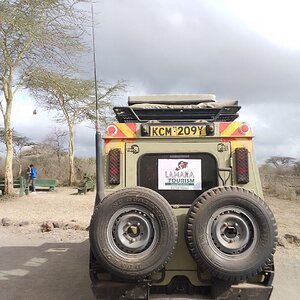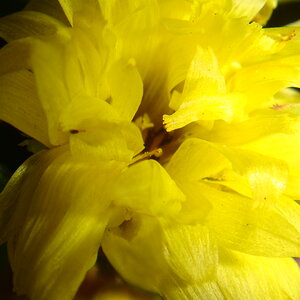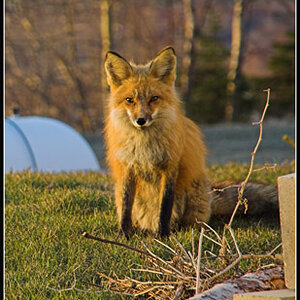nerwin
Been spending a lot of time on here!
- Joined
- Jan 31, 2015
- Messages
- 3,808
- Reaction score
- 2,115
- Location
- Vermont
- Website
- nickerwin.com
- Can others edit my Photos
- Photos OK to edit
Are cameras without the OLPF or Anti-Aliasing filter really that worth it?


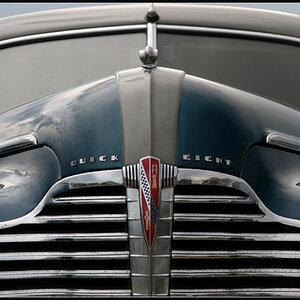
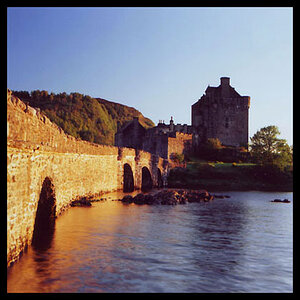
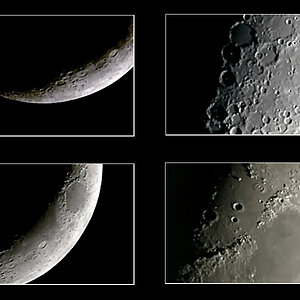
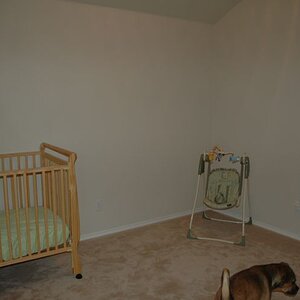
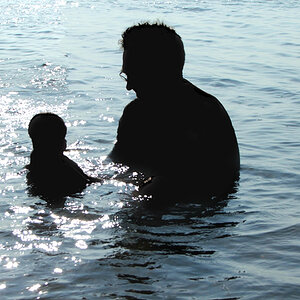
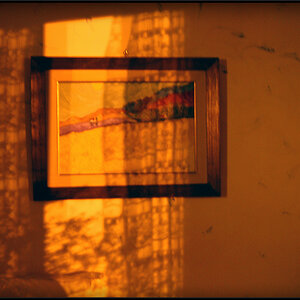
![[No title]](/data/xfmg/thumbnail/36/36394-700ff78d7b45c663863e641a9bcf1fe1.jpg?1619737548)
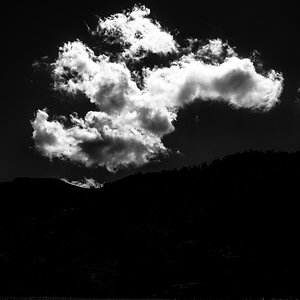
![[No title]](/data/xfmg/thumbnail/36/36396-f8e84def7352af726df923054b86284f.jpg?1619737549)
